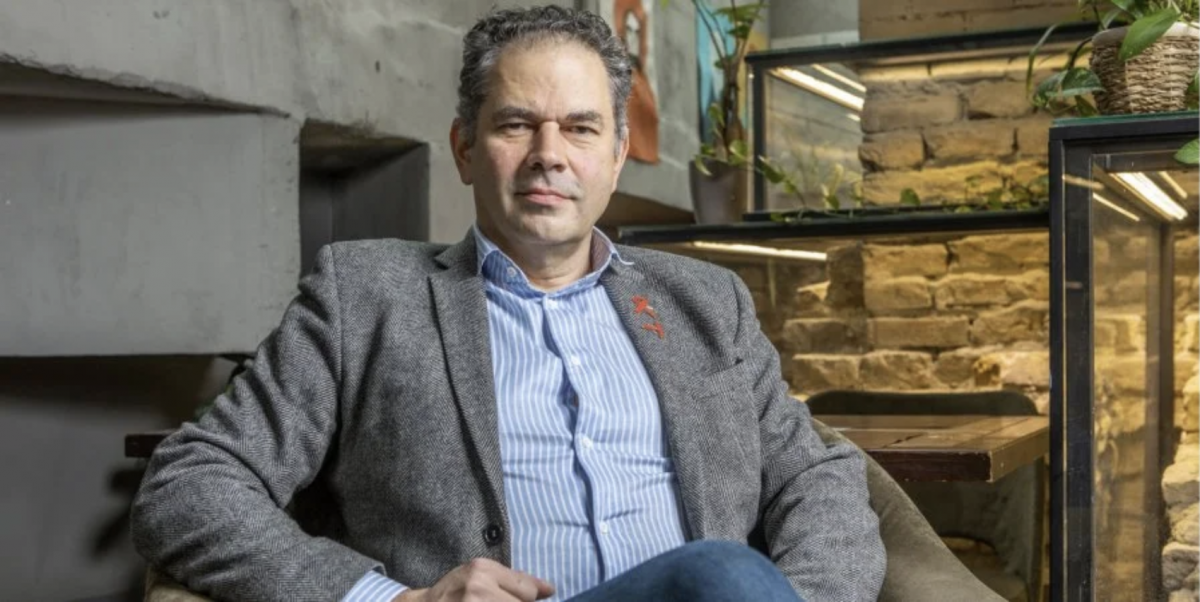In Eastern Europe and Central Asia, one in three reported violations involve police and law enforcement agencies. Representatives of these structures violate the rights to life, liberty, and security of the person.
On the eve of the International Human Rights Day, Andriy Klepikov, Executive Director of the ICF “Alliance for Public Health”, spoke about how to combat human rights violations against vulnerable groups and explained whether Ukraine has really managed to overcome the HIV / AIDS epidemic.
According to data collected by REAct, as of December 1, 2021, more than 1,700 vulnerable groups in Ukraine have faced human rights violations. Of them:
- 379 people – SMT patients,
- 322 – persons who inject drugs,
- 540 – people living with HIV,
- 167 – men having sex with men,
- 101 – sex-workers,
- 148 – people with tuberculosis,
- 59 – prisoners,
- 23 – trans*people.
For example, the rights of drug users are most often violated by government officials: in the health care system – 144 recorded cases, among the police – 94.
In terms of general statistics for the EECA region, the REAct system recorded more than 6,000 cases of rights violations among key communities. The focus of the study has traditionally been on rights violations in the context of access to health services.
“The biggest violators of human rights are representatives of the state system. This includes the medical sphere, the police and law enforcement agencies. In particular, we recorded refusals to provide medical services, and there were cases when the police confiscated drugs – both antiretroviral treatment for people with HIV status and substitution maintenance therapy drugs for drug addicts. We intervened, and then measures were taken – everything was returned. And violators were disciplined for their actions. However, this topic is not discussed globally in Ukraine. “
According to UNAIDS, by the end of 2030, 7,700,000 people living with HIV could die worldwide. First of all, because of the barriers associated with human rights violations. To a greater extent, this concerns the lack of access to drugs or medical services, the inability to obtain medical advice, discrimination, denial of treatment, etc. Doctors often disclose the patient’s diagnosis to outsiders and misbehave with trans*people.
With regard to tackling the HIV / AIDS epidemic in Ukraine, the situation has improved in recent years.
“If five years ago every second HIV-positive person in Ukraine knew about his status, now it is two thirds. Thus, it is better than it was, but still far from ideal. In Ukraine, the programs and coverage of testing and treatment with antiretroviral therapy have expanded, which has reduced mortality. And this is another very important result. But life brings its own unpredictable moments, such as the COVID-19 pandemic. After all, the pandemic around the world has reduced the level of HIV testing and the number of people being treated. And here Ukraine is no exception. “
According to the results of 2021, 70% of all HIV-positive people in Ukraine who learned about the status of this year did it with the help of the projects of the ICF “Alliance for Public Health”. In fact, every three out of four people. In this way, the Alliance not only tests everyone in a row, but also tries to identify the riskiest cases.
Read more information on the “Novoe Vremya” website in the full version of the interview with Andriy Klepikov by the link.


